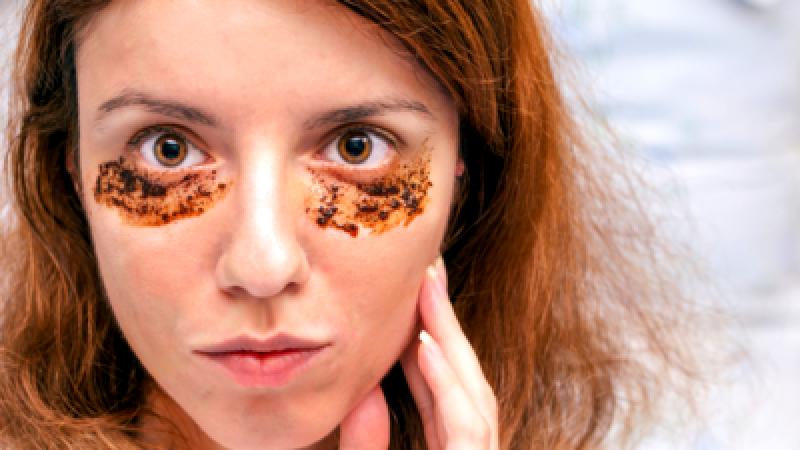
Dark circles under the eyes are a common concern for many individuals, often giving the impression of tiredness and aging beyond one's years. Dermatologists frequently encounter patients seeking remedies to reduce or eliminate these persistent shadows. Though challenging to treat due to various causes, there are effective strategies to brighten the under-eye area and rejuvenate a more youthful, refreshed look.
Health problems causing dark circles:
Before delving into treatments, it is crucial to understand the reasons behind dark circles. Numerous factors contribute, such as:
- Allergies: Allergic reactions can trigger inflammation and expanded blood vessels beneath the eyes, worsening dark circles.
- Genetics: Some individuals have a genetic predisposition to dark circles due to factors like thin skin or hyperpigmentation.
- Dehydration: Skin can appear lackluster when the body is dehydrated, accentuating dark circles.
- Lack of Sleep: Fatigue can cause pallor in the skin, making dark tissues and blood vessels more visible.
- Aging: With age, the skin around the eyes thins, leading to more prominent blood vessels and a darkened look. Identifying the root cause of your dark circles is key to selecting an effective treatment.
Healthy eating habits for addressing dark circles:
Dr. Ishmeet Kaur, MD, a Consultant Dermatologist at Dermosphere Clinic and author of "Good Skin Bad Skin," emphasizes the impact of a balanced diet rich in essential vitamins and minerals on skin health. Consuming foods high in antioxidants, such as fruits and vegetables, can safeguard the skin from damage and enhance its overall appearance. Iron-rich foods like leafy greens and lean meats are particularly beneficial for dark circles linked to iron deficiency. Furthermore, reducing salt intake can help reduce under-eye puffiness caused by fluid retention.To prevent dark circles, there are various measures you can take. One effective way is to ensure you get enough sleep, aiming for 7-9 hours of quality rest each night. Managing stress through activities like meditation, exercise, or yoga can also help minimize dark circles by improving sleep and overall skin health. It's important to use daily sun protection, such as a broad-spectrum sunscreen with at least SPF 30 and sunglasses to shield the delicate skin around your eyes from UV rays. Staying hydrated by drinking plenty of water throughout the day is crucial to avoid dehydration, which can accentuate dark circles. Placing a cool compress or chilled cucumber slices on your eyes can temporarily reduce puffiness and dark circles by constricting blood vessels.
In terms of professional treatments for dark circles, incorporating antioxidant-rich products like vitamin C serums can brighten the skin and reduce pigmentation. Using a gentle eye cream containing ingredients such as retinol, hyaluronic acid, or peptides can enhance skin texture, boost collagen production, and diminish fine lines and dark circles over time. For more persistent dark circles, various professional treatments can provide significant results:
Chemical Peels: Light chemical peels are effective in reducing under-eye pigmentation, especially for cases related to hyperpigmentation.
Laser Therapy: Laser treatments target pigmentation and promote collagen production, gradually diminishing the appearance of dark circles.
Dermal Fillers: If dark circles are due to volume loss or thin skin, hyaluronic acid fillers can be injected to restore volume and reduce hollow eyes.
Microneedling: This treatment enhances skin texture, boosts collagen production, and thickens the skin under the eyes, reducing the visibility of blood vessels.These procedures should be conducted by a skilled dermatologist who can evaluate your skin type and choose the most suitable treatment. It's important to note that dark circles can be a bothersome cosmetic issue, but they can be effectively managed with the right strategies. A combination of adequate sleep, sun protection, proper skincare, and professional interventions can greatly minimize their visibility. It's crucial to determine the root cause of your dark circles and customize your treatment regimen accordingly. If you're uncertain about the best approach, seeking advice from a dermatologist can help you attain brighter, more youthful-looking eyes.











